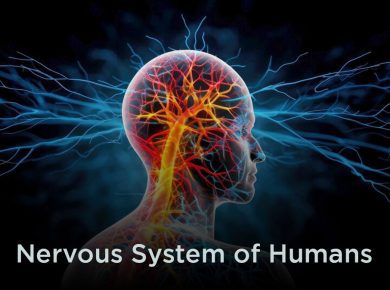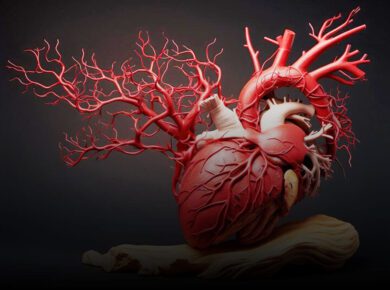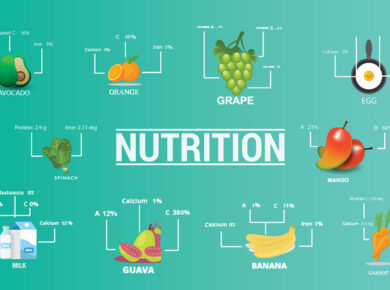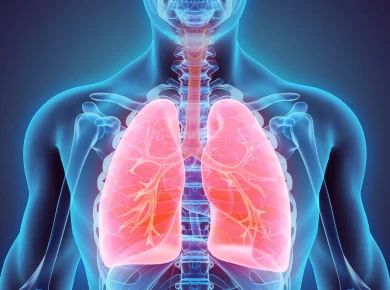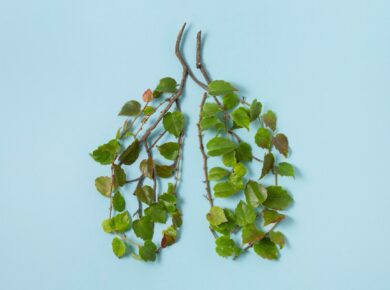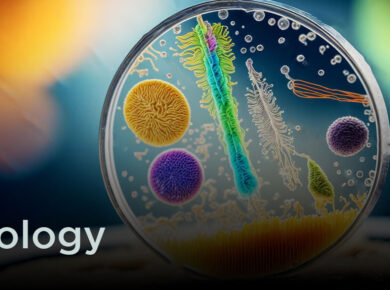Vitamins
As with the minerals discussed above, some vitamins are recognized as essential nutrients, necessary in the diet for good health. (Vitamin D is the exception: it can be synthesized in the skin, in the presence of UVB radiation). Certain vitamin like compounds that are recommended in the diet, such as carnitine, are thought useful for survival and health, but these are not “essential” dietary nutrients because the human body has some capacity to produce them from other compounds.
Moreover, thousands of different phytochemicals have recently been discovered in food (particularly in fresh vegetables), which may have desirable properties including antioxidant activity, however, experimental demonstration has been suggestive but inconclusive. Other essential nutrients that are not classified as vitamins include essential amino acids, choline, essential fatty acids, and the mineral discussed in the preceding section.
Vitamin deficiencies may result in disease conditions, including goitre, scurvy, osteoporosis, impaired immune system, disorders of cell metabolism, certain forms of cancer, symptoms of premature aging and poor psychological health (including eating disorders), among many others.
Excess levels of some vitamins are also dangerous to health (notable vitamin A) and for at least one vitamin, B6, toxicity begins at levels not far above the required amount. Deficient or excess levels of minerals can also have serious health consequences.
✅ 15 Key Points on Vitamins (For UPSC)
-
Vitamins are organic compounds essential for normal growth and metabolism.
-
They do not provide energy but are crucial for body functions.
-
Vitamins are classified as fat-soluble (A, D, E, K) and water-soluble (B-complex, C).
-
Vitamin A (Retinol) supports vision, skin health, and immune function.
-
Vitamin D aids in calcium absorption and bone health; produced in skin via sunlight.
-
Vitamin E is an antioxidant that protects cells from damage.
-
Vitamin K is essential for blood clotting.
-
Vitamin C (Ascorbic acid) boosts immunity and is important for collagen synthesis.
-
Vitamin B1 (Thiamine) helps in carbohydrate metabolism; deficiency causes beriberi.
-
Vitamin B2 (Riboflavin) supports energy production and healthy skin.
-
Vitamin B3 (Niacin) is vital for enzyme function; deficiency causes pellagra.
-
Vitamin B12 is needed for red blood cell formation and nerve function; mainly in animal products.
-
Deficiency of Vitamin D causes rickets in children and osteomalacia in adults.
-
Fruits, vegetables, milk, eggs, and cereals are good natural sources of vitamins.
-
Balanced diet and sunlight are key to meeting vitamin requirements naturally.
-
Fat-soluble vitamins can be stored in the body’s liver and fatty tissues, potentially leading to toxicity if consumed in excess.
-
Water-soluble vitamins are not stored in the body and need to be consumed regularly through diet.
-
Vitamin B9 (Folic acid) is crucial during pregnancy to prevent neural tube defects in the fetus.
-
Vitamin deficiencies are often linked to malnutrition, especially in developing countries.
-
Excessive boiling or improper storage of food can destroy heat-sensitive vitamins, especially Vitamin C and B-complex.
-
Vitamin B6 (Pyridoxine) is essential for protein metabolism and neurotransmitter function.
-
Vitamin A deficiency can lead to night blindness and dry eyes (xerophthalmia).
-
Vitamin C deficiency causes scurvy, leading to bleeding gums and delayed wound healing.
-
Synthetic vitamin supplements are available but should be taken under medical supervision to avoid overdose.
-
India’s government runs programs like the Vitamin A supplementation scheme to prevent childhood blindness.
-
Vitamin E deficiency can cause neurological issues and muscle weakness, especially in premature infants.
-
Hypervitaminosis refers to a condition caused by excessive intake of fat-soluble vitamins.
-
Fortification of foods with vitamins (like Vitamin D in milk) is a strategy to combat deficiencies.
-
Vitamin B-complex includes 8 different vitamins, each with specific roles in energy metabolism.
-
International organizations like WHO and UNICEF promote vitamin supplementation programs to fight global micronutrient deficiencies.
For more updates, visit www.iasmania.com. Please share your thoughts and comments.
If you’re passionate about building a successful blogging website, check out this helpful guide at Coding Tag – How to Start a Successful Blog. It offers practical steps and expert tips to kickstart your blogging journey!

